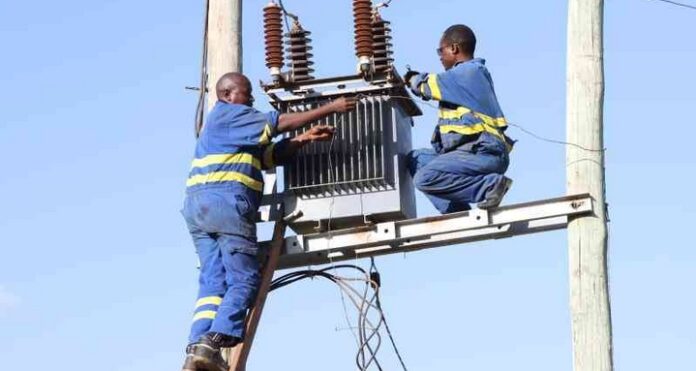Independent Power Producers (IPPs) in Kenya have asked the government to extend their contracts with Kenya Power beyond the current 20-year expiry date.
The power producers who have been largely blamed for Kenya’s expensive power claim that if the contracts are extended beyond 20 years, they will sell power to Kenya Power at cheaper rates.
“Power plants have a useful life greater than the 20 years of a template Power Purchase Agreement. The power that is produced from these plants would be cheaper as the financing costs and margins were fully recovered,” the Electricity Sector Association of Kenya (Esak) said in their petition to the Senate.
IPPs have been selling electricity for an average of Sh. 11.87 per kilowatt hour (KWh) to Kenya Power compared to the Sh. 3.93 KenGen offers.
In 2029, records show that Kenya Power bought a unit of power from Kengen at an average of Sh. 5.48. The power provider then sold a unit at an average of Sh. 16.31. With these costs, Kengen provided 72 per cent of all the power Kenya Power bought in 2020.
However, it only received 48 per cent of the total money paid to power producers. However, when it came to power produced by IPPs, the weighted average cost of power Kenya Power acquired from IPPs in the same period was Sh. 35 per unit.
After paying IPPs for the cost of power it has bought from them, Kenya Power is then forced to pay them for the fuel used to produce the power it has just purchased. These payments are in US dollars. This means that Kenyans are forced to shoulder fluctuation in the local currency for companies based in Kenya.
Their contracts with Kenya Power have shocked many by the manner in which they are formulated. Neither Kenya Power nor the national government has legroom to renegotiate or terminate the contracts before their expiry.
In February 2023, President William Ruto and his Cabinet lifted the ban on procurement of new independent power producers (IPPs) that former president Uhuru Kenyatta had effected.
Mr. Kenyatta had banned IPPs following the recommendation of a taskforce that asked for the review of power purchase agreements (PPAs).
This ban meant that Kenya Power did not sign any new PPA with any IPP in a period of just over a year in line with the taskforce’s report.
Kenyan tycoons supplying Kenya Power with concrete utility poles
One of the IPPs that has been singled out for costly power is Gulf Power which a parliamentary probe showed has local shareholders who include politicians. Gulf entered into a Power Purchase Agreement (PPA) in December 2012 with Kenya Power.
This effectively put Kenya Power under obligation to buy electricity generated by Gulf Power and also pay energy charges, fuel charges and excess start charges for the Net Electrical Output.
According to Kenya Power’s annual report for the financial year ended June 2022, Gulf Power (with an installed capacity of 80.32 megawatts) sold 81Gwh to Kenya Power during the period under review.
Kenya Power paid it Sh. 3.56 billion. In 2021 financial year, Gulf Power sold 21 Gwh of power to Kenya Power. It was paid Sh. 2.5 billion in the process.









